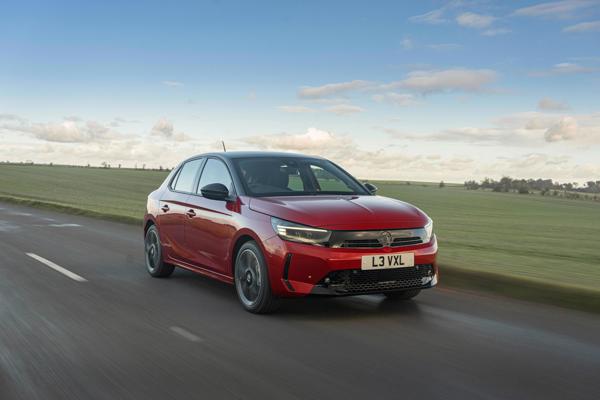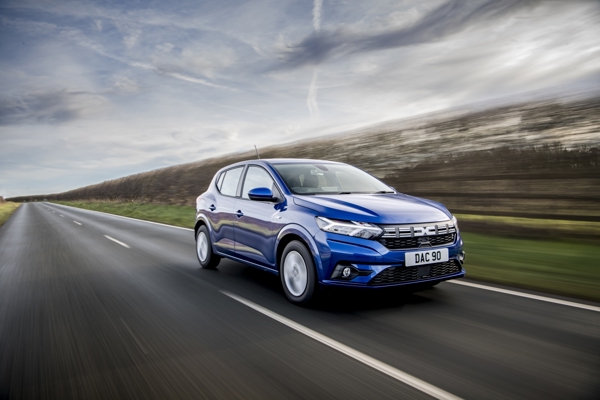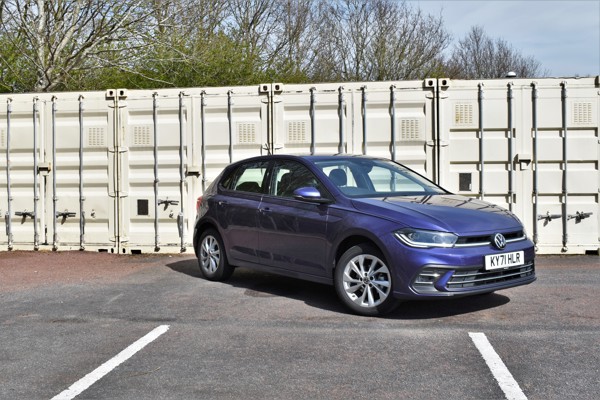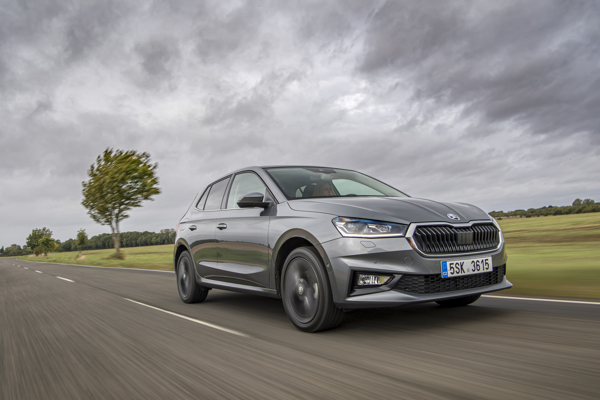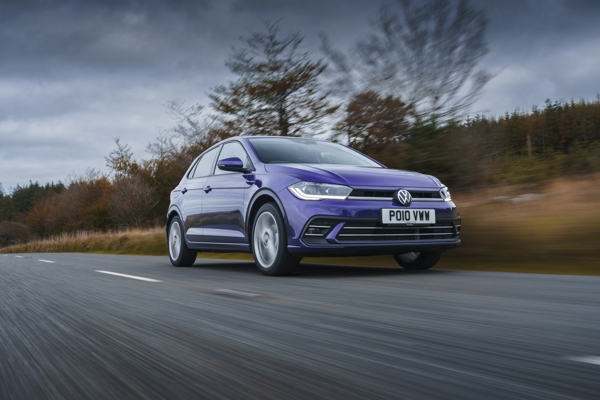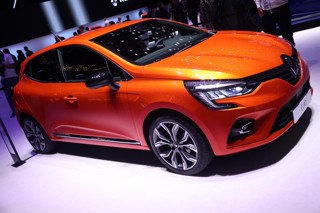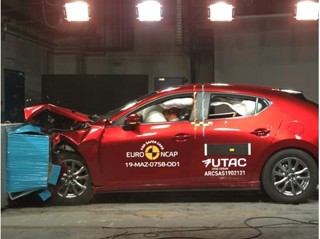Review
The Renault Clio is keenly priced but it's by no means a budget offering. The sharp looking supermini has great driving dynamics, an upmarket interior and a generous standard specification. There's no electric model on offer, but the clever hybrid system offers impressive efficiency and low CO2 emissions, at an affordable list price.
Overview
In Europe, the Renault Clio has consistently been the best-selling model in its class with more than 15 million sold in the last 30 years.
It has never really found favour among UK drivers, however, who have tended to prefer the Ford Fiesta or Vauxhall Corsa. With the Fiesta now discontinued, there’s a large opening in the market for the Clio to swoop in.
The Renault supermini has been updated for 2024, sporting a new look, revised line-up and enhancements to give it a more premium feel.
It remains one of the cheapest superminis on sale, undercutting the best-selling Vauxhall Corsa by a healthy margin, with a starting price of £17,995.
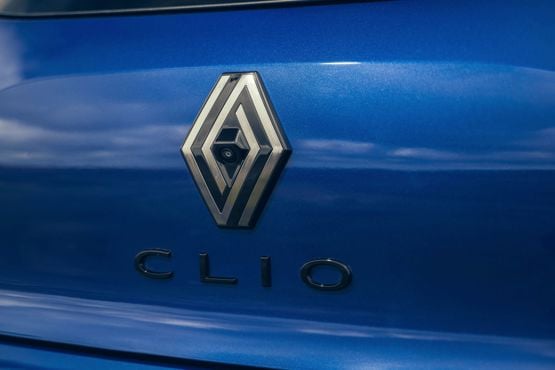
The sharper exterior design gives the car a more purposeful look and is closer aligned to the styling of the new Austral and Megane E-Tech.
Improvements have also been made on the inside, with a plusher interior, a larger variety of features and new materials that are more sustainable.
To simplify ordering, Renault has cut the Clio line-up to just two powertrains and three trim levels with fixed equipment levels.
There’s a choice of one turbocharged petrol engine or an E-Tech hybrid unit, both offered in Evolution, Techno and Esprit Alpine grades.
Comfort and practicality
Despite being a compact car, the Clio has a roomy and comfortable interior that makes for pleasurable long-distance journeys. The car has adequate sound insulation, a compliant ride and supportive seats.
The dashboard design puts all the key controls in easy reach of the driver. Beneath the central touchscreen sits a row of rocker switches and a climate control panel, meaning key functions can be accessed via physical switches. There’s also a wireless phone charging pad in front of the gear lever and a useful armrest between the two front seats.
Rear seat legroom isn’t class leading but a couple of adults could travel back there without too much discomfort. Where the Clio loses out to rivals in this regard, it makes up for with a larger boot. Up to 391 litres of space is available in the Clio petrol, while the hybrid has a 301-litre capacity. It gives the Clio a luggage-space advantage over rivals, such as the Corsa and VW Polo.
Safety and technology
Renault offers a generous standard specification on the new Clio, which includes a suite of driver assistance and safety aids. All versions are equipped with lane departure warning and lane keep assist, as well as emergency braking assist.
The mid-spec Techno adds front and rear parking sensors and a rear-view camera while range-topping Clios are fitted with adaptive cruise control and blind spot monitoring.
Convenience features shared across the range include electrically-folding and heated door mirrors, keyless entry with push button start, automatic climate control and full LED headlights.
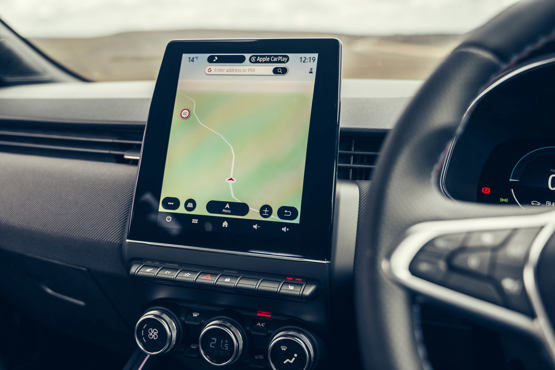
Infotainment comes in the form of a seven-inch touchscreen with sat-nav and smartphone integration via Android Auto and Apple CarPlay. The Esprit Alpine variant gets a larger 9.3-inch display. The setup is easy to use but feels dated and a little sluggish. It doesn’t benefit from the slick Google-based software that’s used in Renault’s all-new cars.
Digital instruments are standard, too. Although only the range topper gets a full-size high-resolution screen. The others have to make do with a smaller screen.
Driveability and fuel efficiency
One area where previous-generation Clios have failed to compete with rival cars was handling. In latest model, things are markedly different. The steering is much more direct and can be further enhanced by using the ‘sport’ driving mode.
Firmer suspension gives a more engaging drive, catapulting the Clio to the top of its class with a driving experience that is on par with the sector-leading Ford Fiesta.
On rougher surfaces the new Clio doesn’t absorb the bumps quite as well as the old car did, but on balance the smoother ride and firmer handling is a welcome improvement.
There’s a straightforward choice of a 1.0-litre three-cylinder petrol engine, paired with a six-speed manual transmission, or a 1.6-litre petrol-hybrid powertrain. The latter gets an automatic gearbox.
With 90PS, the rev-happy TCe is potent enough to not feel sluggish and still return impressive fuel consumption of around 50mpg.
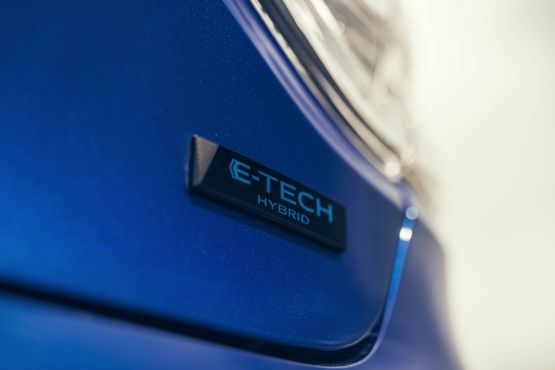
The E-Tech Hybrid offers more performance, with 145PS on tap. It combines two electric motors with a complex transmission that enables the car to run purely on electricity, purely on petrol or a combination of both at once.
Renault has refined the powertrain since it launched in 2019, improving refinement and driveability. The hybrid engine works well in the compact Clio, offering potent performance and high levels of efficiency. It uses a small battery that is recharged through regenerative braking or by the engine. At lower speeds, such as when driving around town or in stop-start traffic, the car runs in ‘EV mode’ for about 80% of the time, conserving fuel. It’s an effective solution that minimises urban emissions without impacting day-to-day practicality.
Company car tax and running costs
The Clio represents excellent value for money in a market where new car prices are soaring. It’s cheaper to buy than both the Skoda Fabia and the Vauxhall Corsa, while offering high levels of refinement and driveability.
Running costs across the line-up are competitive, bolstered by strong residual values. To view and compare the full running costs for the Clio range click here.
The E-Tech Hybrid can be had for £21,295, which is almost £1,000 less than a Toyota Yaris Hybrid. It offers drivers low benefit-in-kind taxation of around £85 per month (20% taxpayer) and has low running costs, from 28p per mile.
Comparatively, a Corsa Electric will costs fleets 44p per mile. Drivers will have much lower tax bills if they opt for an EV but the higher list price (almost £10,000) may make it inaccessible in their banding.
Specs
| Manufacturer | Renault |
| Model | Clio |
| Specification | Renault Clio Hatchback 1.6 E-TECH full hybrid 145 Evolution 5dr Auto |
| Model Year | 2023.00 |
| Annual VED (Road tax) | £350 |
| BIK List Price | £21,490 |
| CO2 | 95g/km |
| BIK Percentage | 24% |
| Insurance Group | N/A |
| CC | 1,598 |
| Fuel Type | Petrol |
| Vehicle Type | Small car |
| Luggage capacity (Seats up) | 254litres |
| Doors | 5 |
Running Costs
| P11D | £21,490 |
| Cost per mile | 33.10ppm |
| Residual value | £9,375 |
| Insurance group | N/A |
| Fuel Type | Petrol |
| Cost per mile | 77.24ppm |
| Fuel | 9.92ppm |
| Depreciation | 66.70ppm |
| Service maintenance and repair | 0.62ppm |
Rivals
Info at a glance
-
P11D Price
£21,490
-
MPG
67.3 (WLTP) -
CO2 Emissions
95g/km -
BIK %
24% -
Running cost
3 Year 60k : £9,375 4 Year 80k : £7,475 -
Fuel Type
Petrol



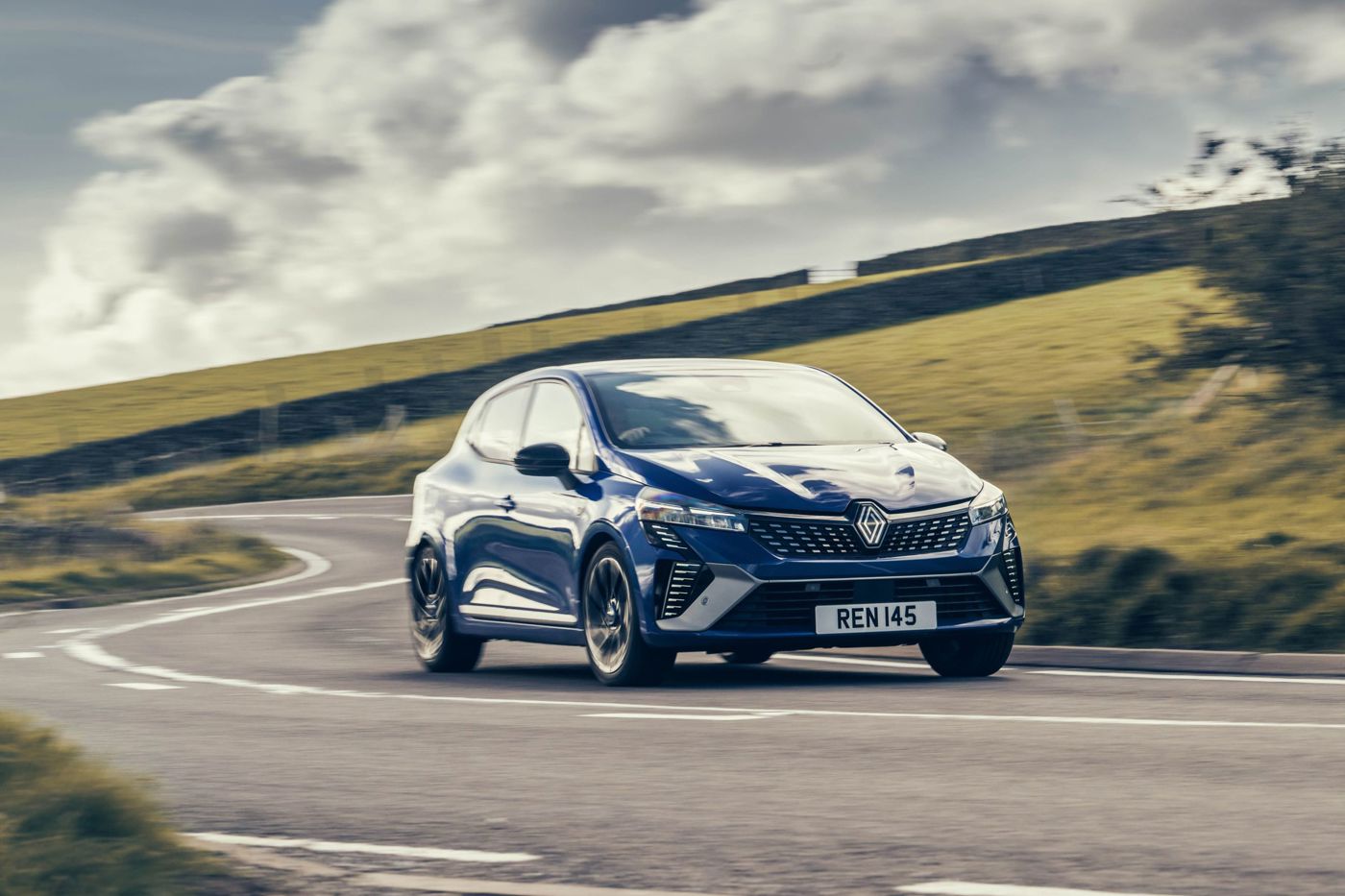









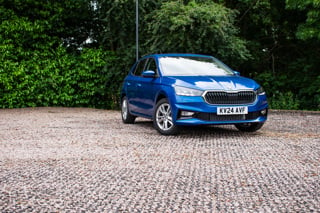
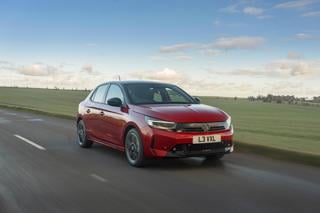
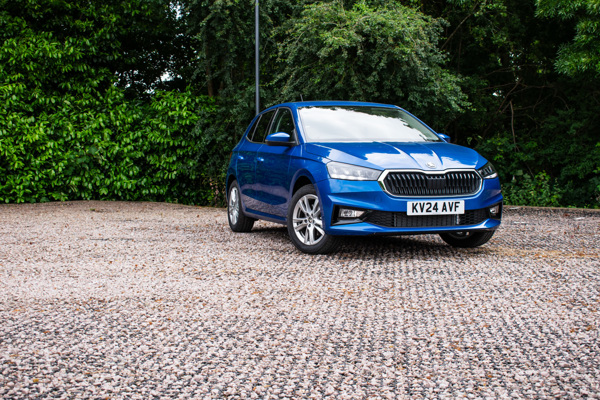
 Petrol
Petrol
